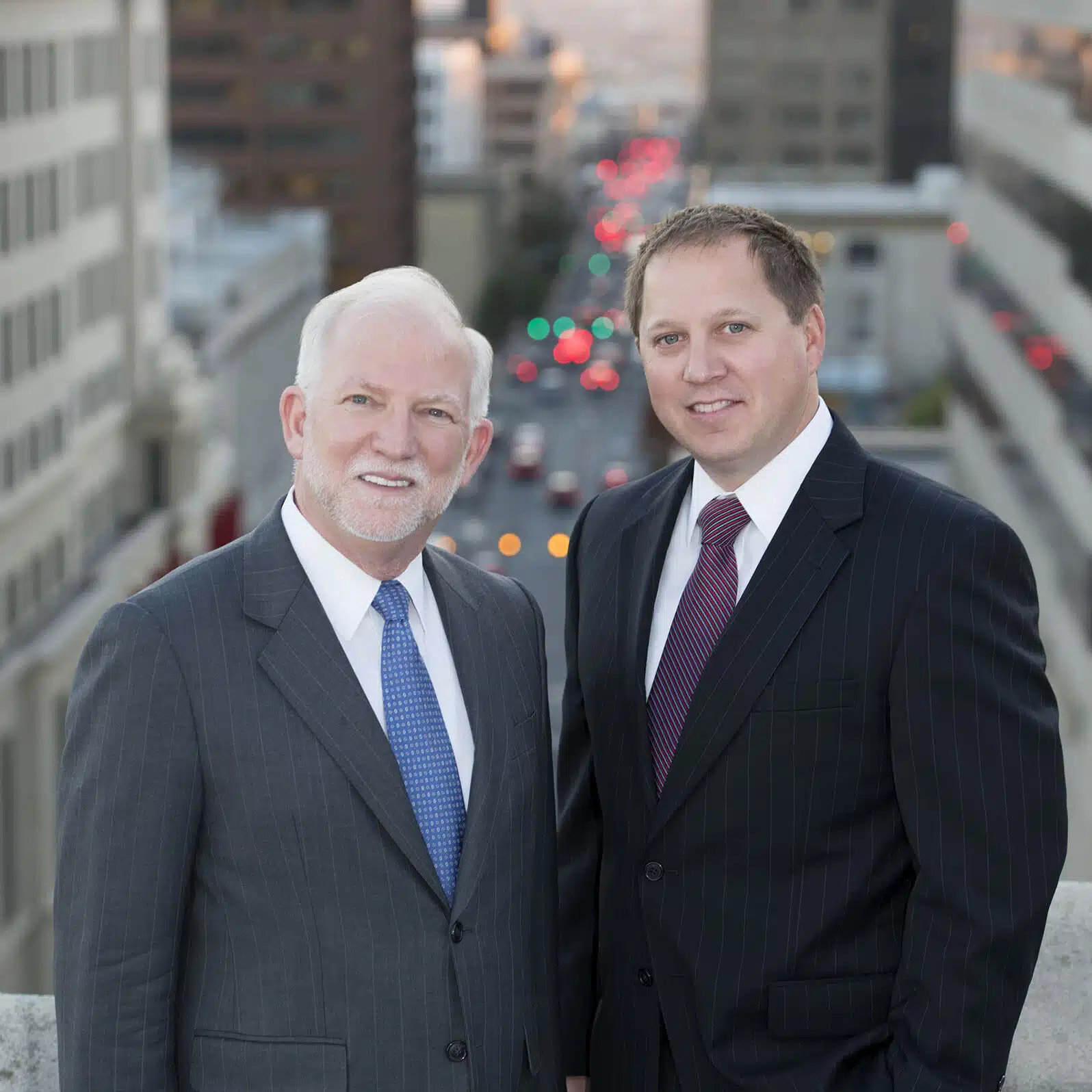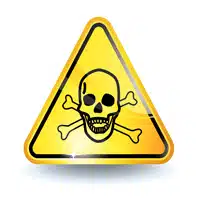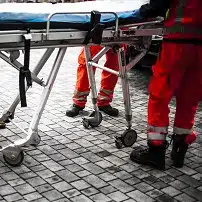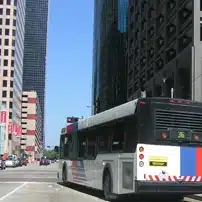Memorial Day is a national holiday to honor fallen heroes. It is also a long holiday weekend that is looked upon as the kick-off to summer. Approximately 39.3 million Americans will travel over 50 miles during the Memorial Day weekend, according to the American Automobile Association (AAA). With so many more vehicles on the roads, more car accidents occur on Memorial Day weekend than any other holiday weekend of the year.
Last year, the National Safety Council (NSC) predicated that 366 deaths would occur over Memorial Day weekend. It was also estimated that 41,800 injuries would require medical attention that same year. This year, it is projected that traffic will be even worse because many people are wanting to travel due to less strict Coronavirus (COVID-19) restrictions.
Part of why these accidents and injuries happen is because there is alcohol at holiday events. While driving under the influence is listed as a cause in nearly one-third of all deadly car accidents, the NSC estimates that drunk driving is responsible for 37 percent of fatal car crashes during Memorial Day weekend.
Since many collisions will likely happen over the holiday weekend, drivers should know the common causes of Memorial Day weekend car accidents and how to prevent them. Listed below are some helpful safety tips for motorists.
Maintain a Safe Distance from Other Vehicles
It is vital to remember that more drivers on the road means more mistakes are likely to happen, so this is a weekend where it has to be anticipated there will be more motorists doing unpredictable actions. Keeping plenty of distance from other cars is helpful.
According to the national car window repair service, Safelite AutoGlass, drivers need to keep about 16 car lengths from the car in front of them at highway speeds around 55 miles per hour to avoid collision if that car suddenly hits the brakes. Many drivers know that this distance is not commonly found between cars on any given day, much less highway traffic during Memorial Day weekend. However, this distance will provide enough time to brake and reduce speed to avoid a collision.
Avoid Drowsy Driving
Driver fatigue is a major cause of accidents and can be as dangerous as drunk driving. In the excitement of getting ready for a weekend adventure, travelers may return from work or school on Friday and spend the night packing and driving to get an early start on the holiday weekend. This can create a driver with the same focus and reaction times as a drunk driver, according to the National Sleep Foundation (NSF).
After 20 hours of being awake, drowsy drivers are equitable to having a 0.08 percent blood alcohol content (BAC) level, which is the current legal limit in most states. After 24 hours of being awake, impairment is equivalent to a BAC of 0.1 percent, which means even slower reaction times and focus. Travelers should plan to leave for their trip after a good night of rest.
Do Not Drink and Drive
Drinking impairs judgement, reaction times, and focus. Since it is common to have drinks at night, that is also the most likely time for drunk driving accidents. If a driver consumes a few alcoholic drinks, it is best for them to call a cab or a rideshare service and come back for the car in the morning. It can be helpful to have a plan in place before going out to an event where alcohol will be served.
Maintain Speed Limits
Like maintaining a safe distance from other cars, maintaining reasonable speed and observing the speed limits helps drivers avoid collisions. Motorists should remember that a speed-related collision leads to more severe injuries. Also, fatalities are more likely to happen in speed-related car accidents.
Do Not Overpack the Car
A holiday weekend vacation might mean that children are squeezed in with suitcases and camping gear. However, drivers need to maintain a clear line of sight so that they can see the side and rear-view mirrors. In addition, bicycles, canoes, luggage racks, and other cargo items need to be secure in case stop-and-go traffic or huge potholes cause the cargo to move around.
Plan the Route
Figuring out the most direct route to take is important, and drivers should have a plan ahead of time. If a driver waits until the last minute to figure out the route, they might rush to get to their destination. Motorists may speed to stay on track of time, so drivers should figure out their plans a couple days prior.
Prepare the Car
Making sure the gas tank is full is just one step on the list of car preparations for a road trip. Check tire air pressure, oil levels, and keep emergency essentials, such as a first aid kit, water bottles, flashlights, and a blanket in the trunk.
Wilmington Car Accident Lawyers at Rhoades & Morrow Fight on Behalf of Injured Victims After Holiday Car Accidents
Sometimes, drivers take all the recommended precautions during a holiday weekend and still find themselves victims of a car crash. The Wilmington car accident lawyers at Rhoades & Morrow can advise you on the best steps to take after a collision. Contact us online or call us at (302) 427-9500 for a free consultation and more information about your car accident case. Located in Bear, Wilmington, and Milford, Delaware, we serve clients throughout Middletown, Dover, Milford, Lewes, Rehoboth, Elsmere, and Seaford.





